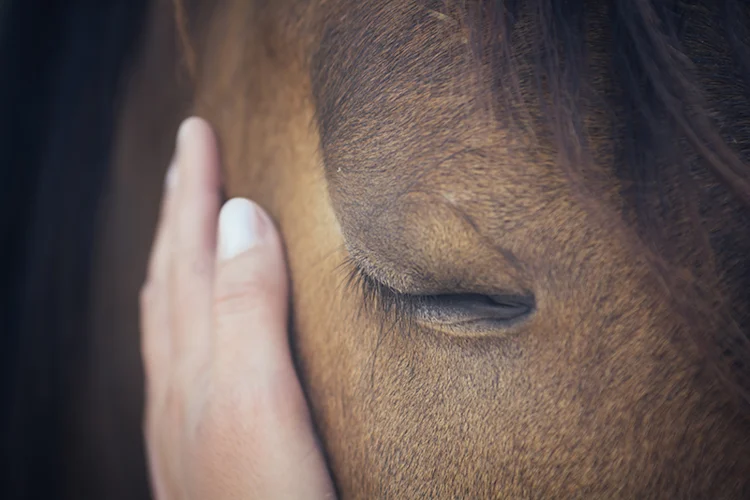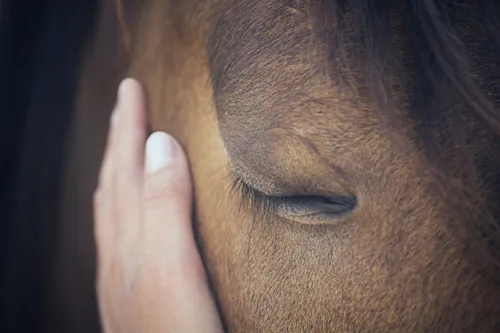Close
Our Products
All Products
Pleasure
Performance
Conditioning
Fibre
Breeding & Stud
Racing
Specialty
Supplements
Quick Feed finder
Free Diet Analysis
The Complete Range
Nutrition Centre
Articles
All About Fibre
Feeding for Condition
Competition Season
Laminitis
Breeding
Foal care
Building Topline
Gut Health
Senior horses
Racing & Breeding
Feeding in a Drought
Tools & Calculators
Competitions / Offers
Our Riders
Brand ambassadors
Junior Squad
About Barastoc
Why Barastoc
Our commitment
Barastoc's People
Our communities
Partnering with KER
Partnering with BHF
Sustainability
Find a Stockist
Contact Us

Horse nutrition
Key nutrients for equine health
A protein is a complex organic molecule made up of long chains of amino acids, which are compounds built from carbon, hydrogen, nitrogen, oxygen or sulfur. The horse uses the amino acids to build the structural components of body tissues such as muscle, hair, enzymes and antibodies (to fight infection). While horses can build many amino acids from scratch there are some they can only obtain from their diet – the essential amino acids, such as lysine. Young horses need higher levels of protein (14 – 18%) than mature, idle, or lightly worked horses (12%) .
Fats are a diverse group built from glycerol and fatty acids that can exist as a solid or an oil at room temperature depending on their structure. Fats are a rich source of energy - weight for weight fat provides about 2.25 times as energy as starch. Easily digested in the horse’s small intestine, fat is absorbed as free fatty acids. Fats also play a vital role in maintaining healthy skin and hair, insulating body organs against shock, and maintaining body temperature
Are a diverse group of organic chemicals based on the formula (CH2O)n which includes sugars (n=1-2), oligosaccharides (n=3-9) and polysaccharides (n=9+). Carbohydrates perform 3 roles in the body. Their first, and most important role is as a source of energy to power the bodies many fuel hungry activities. The second is as structural components. The third and final role is as a source of dietary fibre. Sugars can be easily used by the body, whereas some long chain polysaccharides like cellulose are very difficult to digest and be used. It is these hard to digest carbohydrates that make up the fibre in a horses diet and which end up feeding the bacteria in the horses gut that are essential to its survival.
Vitamins
Organic chemicals which are required in small amounts for normal health and growth and which cannot be synthesized by the animal itself in sufficient amounts. They perform diverse and essential biochemical functions, including being anti-oxidants and enzyme cofactors. Some vitamins need to be consumed as the horse eats and others are synthesized in the horse’s body. Some vitamins can be stored in the horse’s body for later use. Because the horse has reserves of these nutrients, supplementation can occasionally cause a toxic reaction. Other vitamins can’t be stored and should be supplied on a frequent basis to avoid deficiencies and keep the body supplied with materials it needs to function.

Minerals

Minerals are inorganic chemicals which are required for normal health and growth and cannot be made by animals . Because of the many critical functions they perform, minerals are important for all classes of horses, and may be the only thing needed to balance the pasture fed horse’s nutrient requirement.
Calcium and phosphorus are crucial for bone formation and maintenance, muscle contraction, energy metabolism and blood clotting
Sodium and chloride are important electrolytes provided by access to a free-choice salt block added to the daily feed
Magnesium, potassium, Iron, copper, zinc, manganese and selenium are also needed in small amounts


